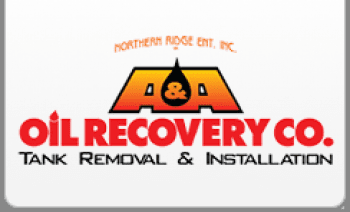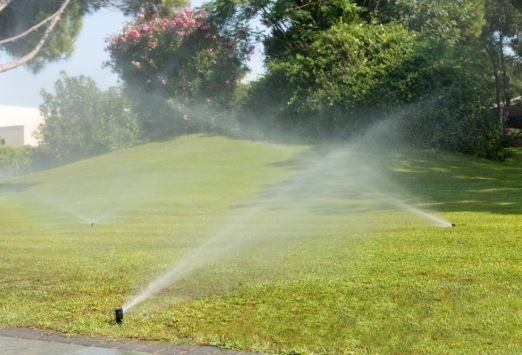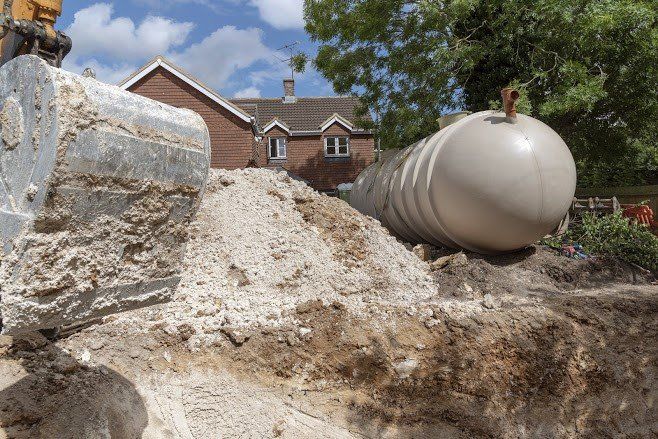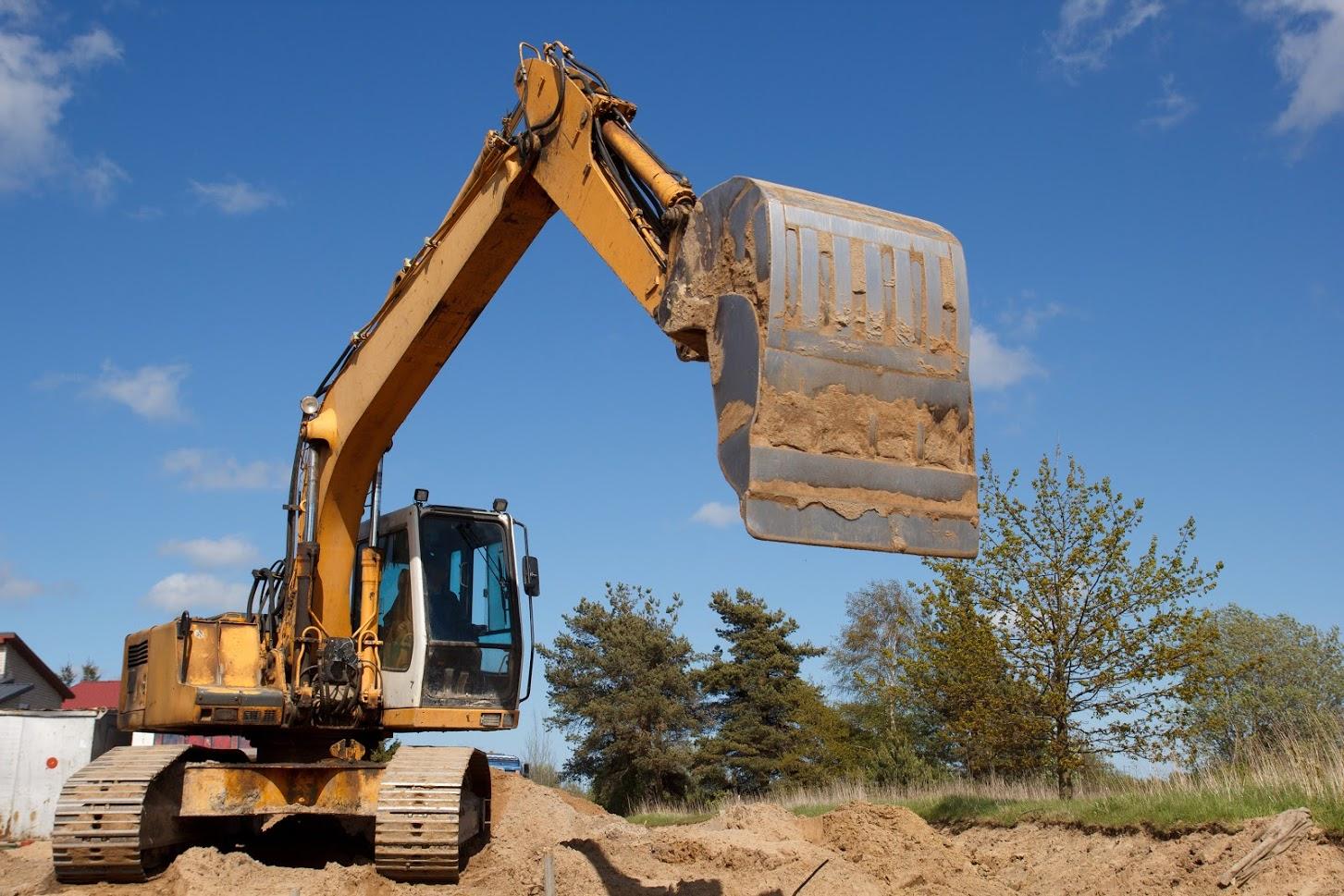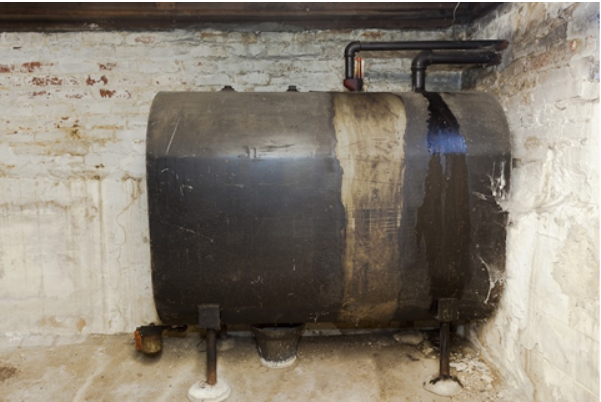Blog Layout
How to Spot Signs of Underground Heating Oil Tank Leaks
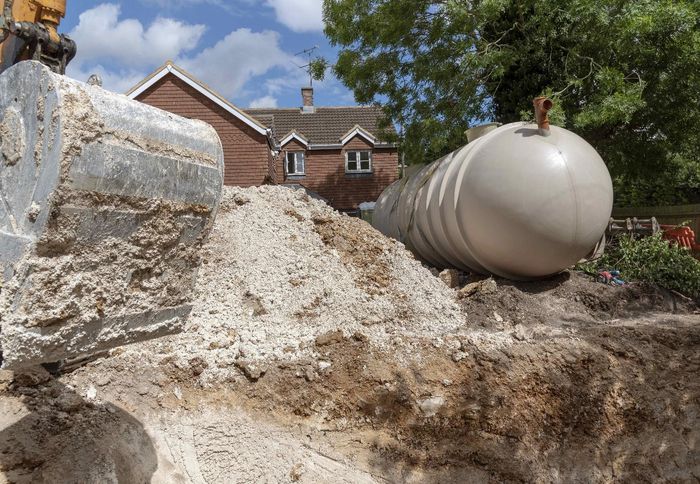
An underground storage tank (UST) for your heating oil can start leaking for many reasons. When these tanks leak, they can create a multitude of problems for homeowners. In addition, leaks can also become a larger problem that can involve your municipality and local environmental protection agencies. Here's what you need to know about UST leaks and how to spot them.
Problems From Underground Heating Oil Tank Leaks
When a UST leaks, it can release dangerous petroleum products into the groundwater. Before the leaking fluids reach the groundwater, they can also cause:
- Surface water contamination
- Soil contamination
- Seepage into buildings and other structures
Leaks can go unnoticed for some time. Once contamination becomes noticeable, the leak may have already moved beyond an easily manageable state.
How Underground Storage Tanks Develop Leaks
UST tank leaks can occur for various reasons:
- Tank defects
- Improper installation
- Corrosion
- Age
- Mechanical failures
Faster Fuel Consumption
If you notice your heating oil burning away faster than usual, despite you not using more heat, there's a chance the tank is leaking oil.
Basement Irregularities
If you smell vapors in your basement or see stains on the floors or walls close to where the tank resides, you may have signs of a leak.
In New Jersey, the NJ Department of Environmental Protection wants you to contact them immediately no matter the size of the leak. The DEP will give you further instructions.
Many people avoid the situation altogether by having their UST removed and replaced by an alternative heating system. You can also choose to preemptively replace an older UST with a modern, professionally constructed one. If you need an underground heating oil tank removed, replaced, or installed, contact the qualified technicians at A & A Oil Recovery Co. today.
Share
Tweet
Share
Mail
Contact Information
A & A Oil Recovery Co
Address: Wayne NJ 07470
Phone: 973-709-1700
Email: info.aaoil@gmail.com
Address: Wayne NJ 07470
Phone: 973-709-1700
Email: info.aaoil@gmail.com
Join Our Mailing List
Contact Us
Thank you for contacting us.
We will get back to you as soon as possible.
We will get back to you as soon as possible.
Oops, there was an error sending your message.
Please try again later.
Please try again later.
Browse Our Website
Contact Information
A & A Oil Recovery Co
Address: Wayne NJ 07470
Phone: 973-709-1700
Email: info.aaoil@gmail.com
Address: Wayne NJ 07470
Phone: 973-709-1700
Email: info.aaoil@gmail.com
Join Our Mailing List
Contact Us
Thank you for contacting us.
We will get back to you as soon as possible.
We will get back to you as soon as possible.
Oops, there was an error sending your message.
Please try again later.
Please try again later.
Content, including images, displayed on this website is protected by copyright laws. Downloading, republication, retransmission or reproduction of content on this website is strictly prohibited. Terms of Use
| Privacy Policy
